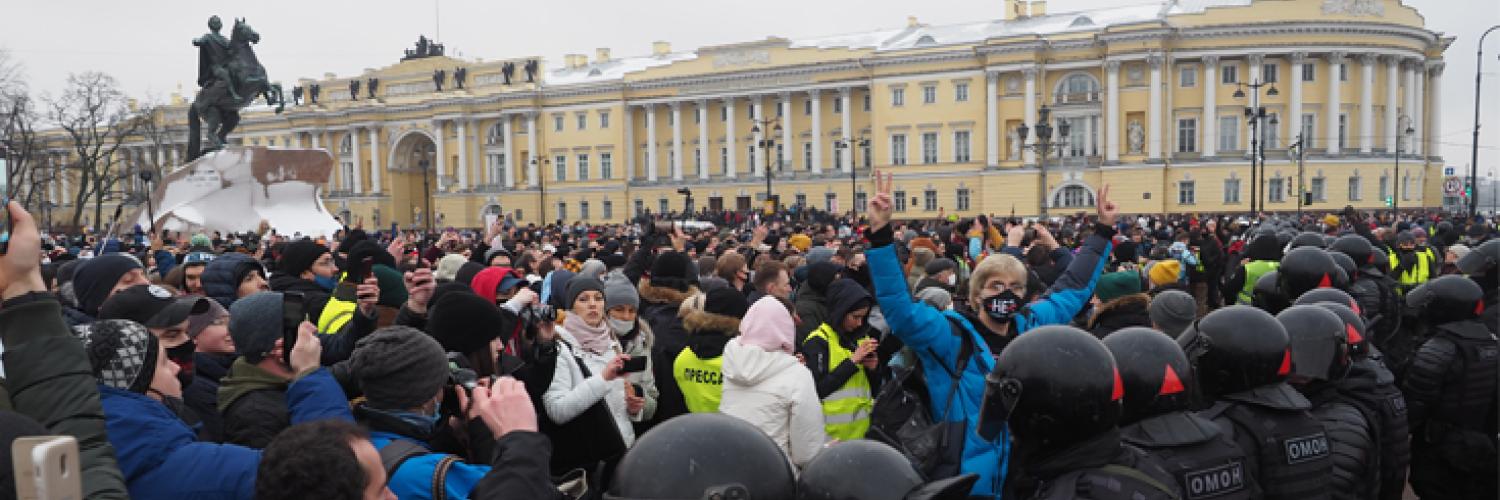Contemporary autocrats, such as Russia's Vladimir Putin, and Turkey's Tayyip Erdogan are said to rule by 'velvet fist'. Instead of relying on Stalinist methods of brutal repression, they use the law to manage protests. Understanding how nonviolent strategies of repression influence authoritarian stability and democratic retrenchment constitutes one of the most pressing and policy relevant challenges facing political science today.
This project studies how one commonly used, yet poorly understood strategy of nonviolent repression - the use of protest notifications - influences coordination between different types of opposition parties and voters in electoral autocracies. Electoral autocracies are regimes that combine authoritarian practices with multiparty elections and the dominant form of nondemocracy today. This is the first study to empirically tackle the effect of nonviolent repression on opposition parties and voters in these regimes.
Focusing on contemporary Russia, the project advances methods for collecting protest-notification and protest-event data, and for eliciting responses to sensitive survey questions. Drawing on insights from comparative politics and sociology, the project advances scholarship on authoritarian politics and repression.





